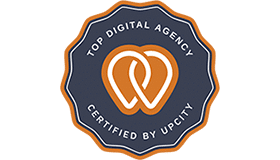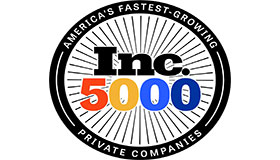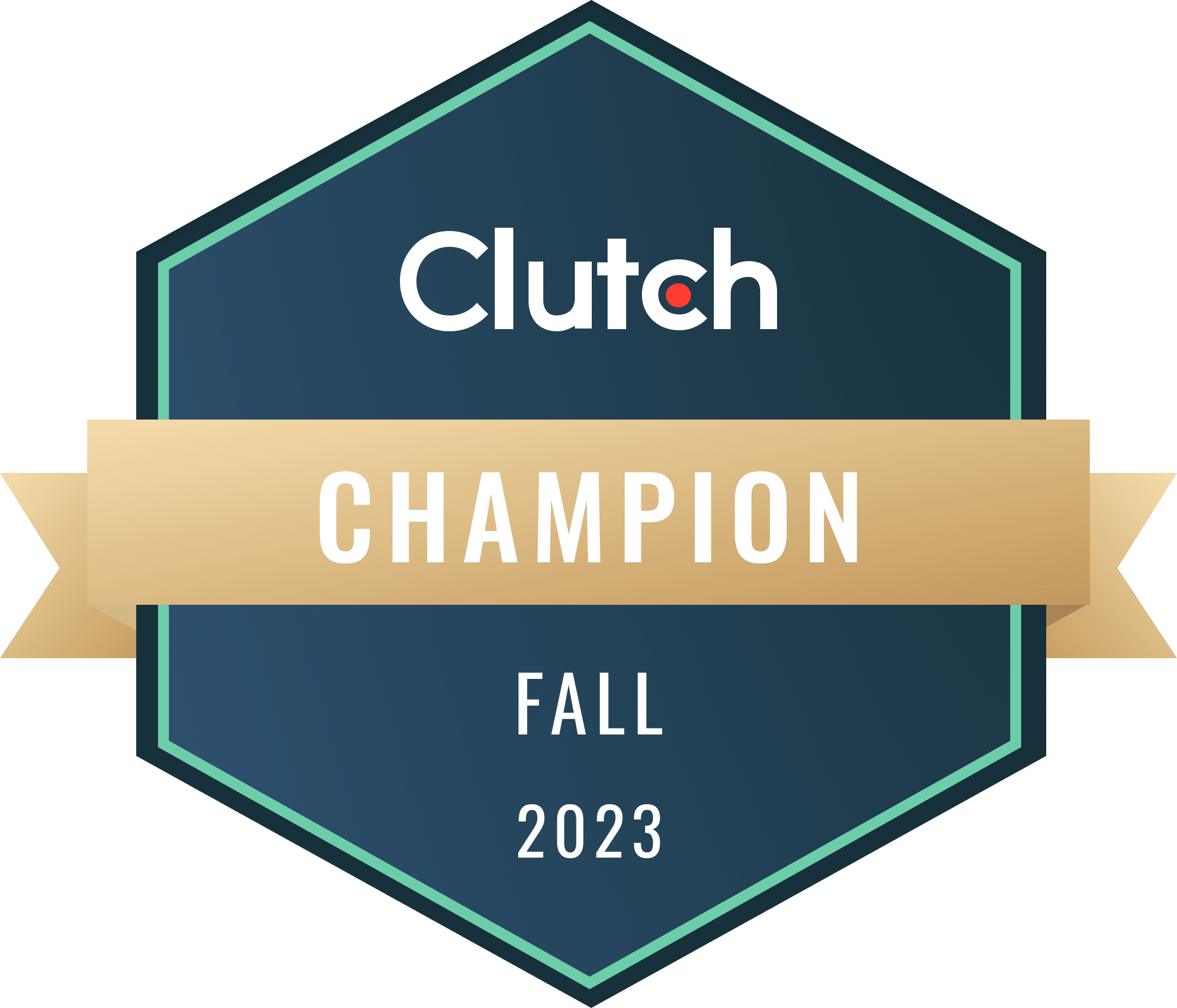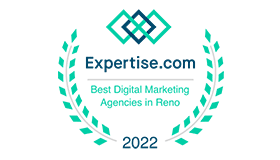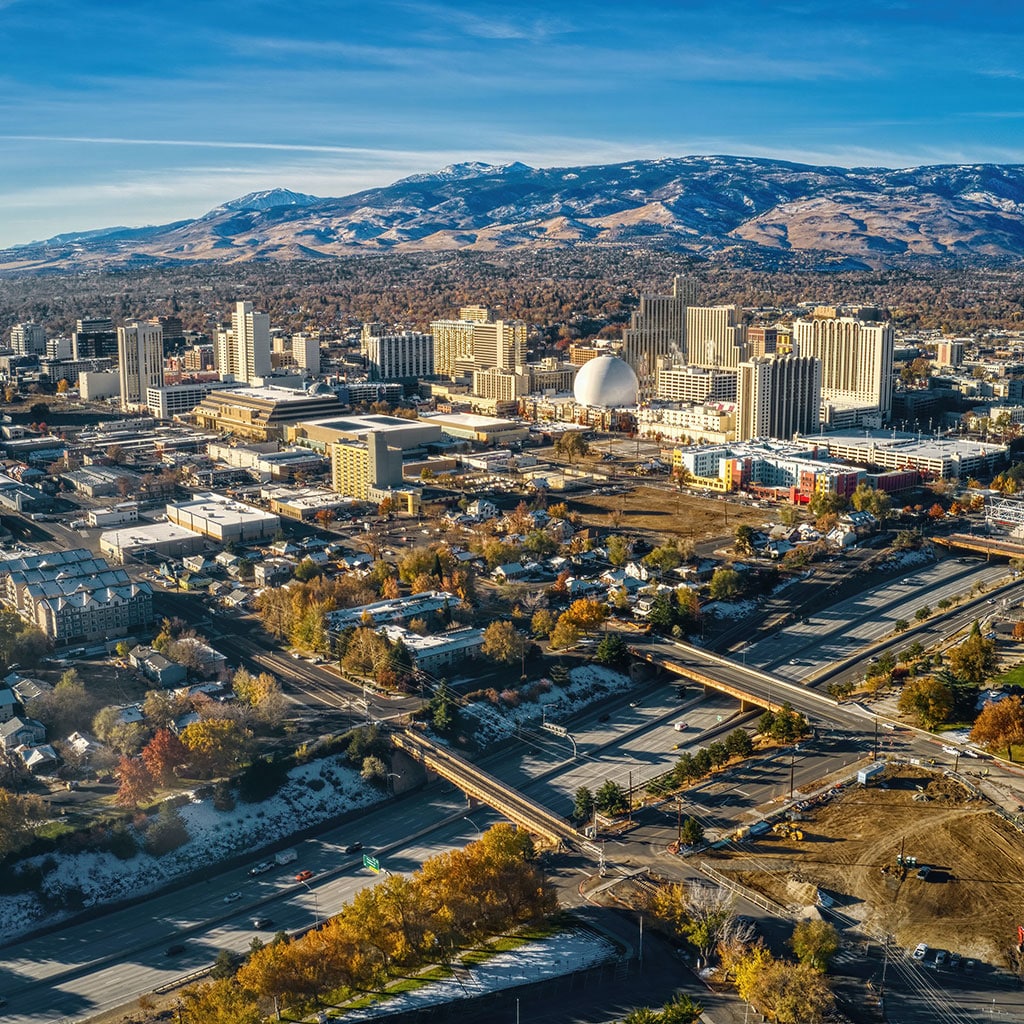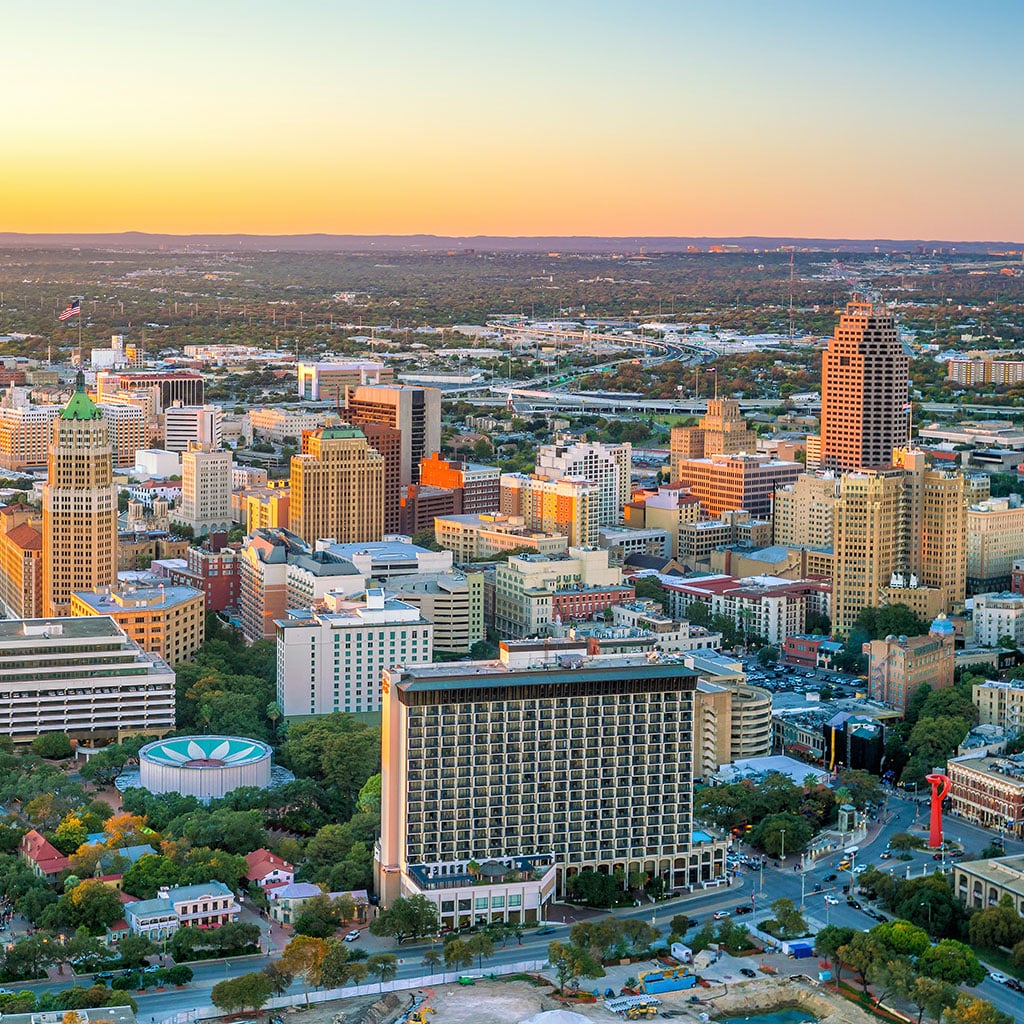
Your Expert Healthcare Digital Marketing Partner
We’re an Inspirational Marketing Agency That Drives Strategic Growth for Our Clients
Beacon Media + Marketing is a data-driven digital marketing agency with personable expertise in the healthcare industry. We love working with companies that make an impact in their communities, and we believe that a strong growth strategy can unlock your potential and allow you to exponentially scale your services.
How It All Started
Beacon + Marketing was founded by co-founders Adrienne Wilkerson and Jennifer Christensen in 2012. Together they bring more than 20 years of marketing experience to the table. They started Beacon with the goal of being difference-makers in the marketing community by combining data analytics and strategy with a personable and client-first approach.
A true testament to the grow, scale, and thrive model, Beacon started as a small team of marketing experts serving small businesses in Alaska as the first inbound agency in Anchorage. Today it has grown to a national digital marketing company with clients and team members across the United States and a specialized focus on patterning with healthcare businesses.
Our Core Mission + Values
Our Vision
We are an inspirational company with local, national, and global impact that produces amazing work, takes care of our staff, and elevates our clients and our industry.
Our Why
Our work makes a difference in the lives of small business owners, their staff, and their families. We make a difference in each other’s lives every day. We help small businesses and each other grow, scale, and thrive.
Our Values
- Excellence is the goal we never stop moving toward.
- We are always learning about ourselves and our industry.
- We recognize and value expertise.
- We go deep and make an impact.
- We have the courage to do the right thing.
- We don’t give up. Ever.
- We connect and elevate each other.
Meet the Beacon Team
Our team is your team. When you partner with Beacon, you get access to a full team of digital marketing experts who are ready to collaborate, strategize, analyze, and produce amazing work to launch your business into the next phase of growth.
“It’s a joy to work with such an amazing team that is so dedicated to our clients’ success!”
Adrienne Wilkerson, CEOBeacon Media + Marketing
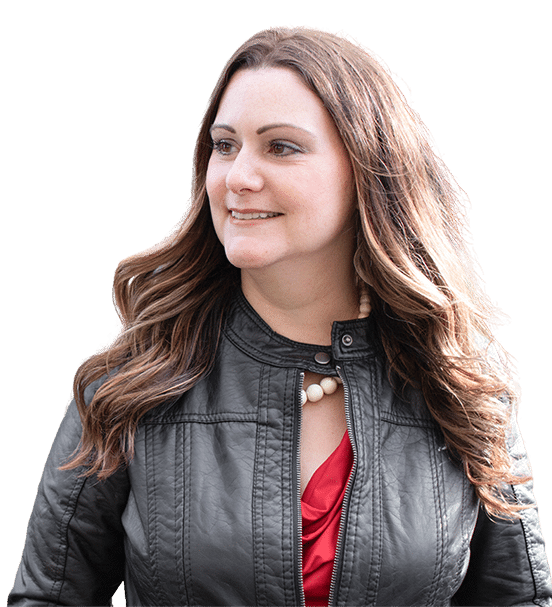
Join the Beacon Team
Looking for an opportunity to let your creativity or digital marketing expertise shine? We offer remote work opportunities, healthcare benefits, and some awesome swag!!!
Grow Your Digital Marketing Expertise
Tune In to The Beacon Way
Join Beacon Co-Founders Adrienne Wilkerson and Jennifer Christensen to gain expert insights into how to grow and help your business thrive. Listen to the Beacon Way podcast to reveal all the lessons we’ve learned along the way and to gain practical tips on how to think big and reach your goals.

